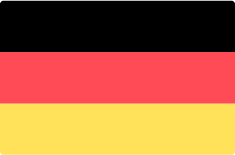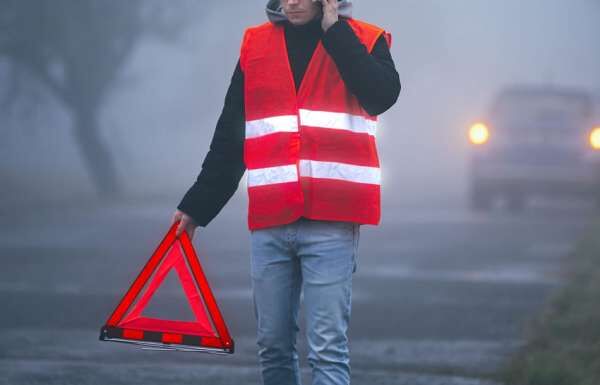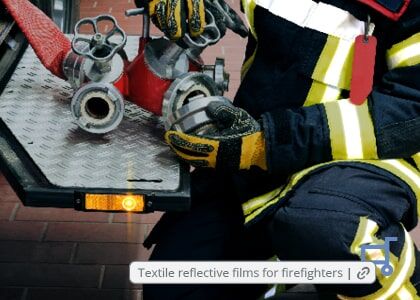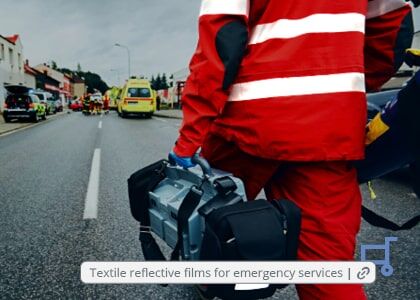Textile films are often used to decorate items of clothing or other objects made of fabric. Reflective films differ from non-reflective films in terms of their functionality: although they also provide decorative details on jackets, trousers etc., their most important task is to reflect incident light (in short: retroreflection) and thus increase the wearer's visibility.
Quick-Navigation:
What are reflective textile films used for?
Reflective textile films are mainly used as reflective strips on high-visibility clothing. Typical occupational fields with high-visibility warning clothing are: Paramedics, fire brigade employees or workers in railway and road construction. The high-visibility clothing and therefore also the applied reflective elements are subject to the European standard EN ISO 20471.
However, the usefulness of reflective textile film is also being increasingly recognised in the private sector. Reflective textile films provide additional safety, especially in road traffic: cyclists and pedestrians are often travelling to work at dusk or even in the dark. Thanks to the 
Following this concept, the retroreflective textile films can be used for protection in many other places: on pushchairs and children's clothing, rucksacks, suitcases, bags and umbrellas, to name just a few applications.
What types of reflective textile films are available?
The most important subdivision of textile films is based on the method by which the films are applied to the textile material and distinguishes between 


The three types of reflective textile films differ in terms of durability, washability (household laundry, dry cleaning, industrial laundry, etc.) and some other special properties such as flame retardancy or Oeko-Tex certification. It is therefore important to check exactly which requirements the reflective elements must fulfil in their application before purchasing.
How does retroreflection work with textile films?
Tiny glass beads are embedded in the upper film layer and reflect incident light back to its source. As this technology is used for most reflective materials for fabrics, they are approximately equally reflective.







